The European Union (EU) has pledged a significant financial package of $8 billion (€7.4 billion) to Egypt, marking a strategic shift in their relationship. The announcement came as part of an effort to strengthen ties and address migration challenges, particularly in the Mediterranean region. The decision has drawn criticism from human rights organizations, questioning the EU's approach to partnering with Egypt, a country with a checkered human rights record.
According to reports from the British news agency Reuters, an EU delegation visiting Cairo revealed plans to elevate the partnership with Egypt to a strategic level. This upgrade aims to deepen cooperation across various sectors, including renewable energy, trade, and security. The proposed funding package includes €5 billion in loans, €1.8 billion in investments, and €600 million in grants, with a portion allocated for migrant management efforts.
The move underscores European concerns about Egypt's political and economic instability, which have contributed to a rise in migration flows towards Europe. Egypt's internal challenges, including high inflation rates and economic struggles, have exacerbated the situation, prompting European leaders to seek closer ties with Cairo to address shared concerns.
Diplomats note Egypt's growing significance in regional affairs, particularly amid conflicts such as the war in Gaza and tensions with neighboring Sudan. Egypt's role as a mediator in regional disputes and its efforts to address humanitarian crises have garnered international attention, further highlighting the importance of strengthening ties with the North African nation.
European Commission President Ursula von der Leyen led the EU delegation during discussions with Egyptian President Abdel Fattah al-Sisi. The delegation, which included leaders from Italy, Greece, Austria, Belgium, and Cyprus, emphasized the need for comprehensive cooperation to address common challenges and promote stability in the region.
Despite the EU's efforts to foster closer ties with Egypt, concerns remain about the human rights situation and the impact of the partnership on migrants and refugees. Critics argue that the EU's engagement with Egypt should prioritize human rights considerations and ensure accountability for any abuses committed by Egyptian authorities.



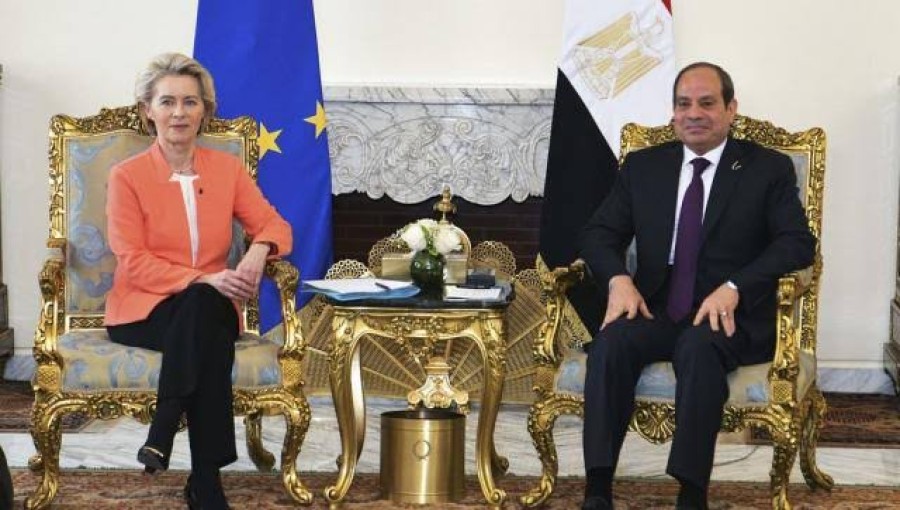
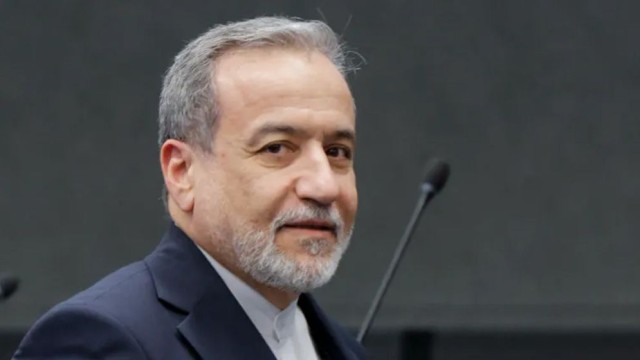
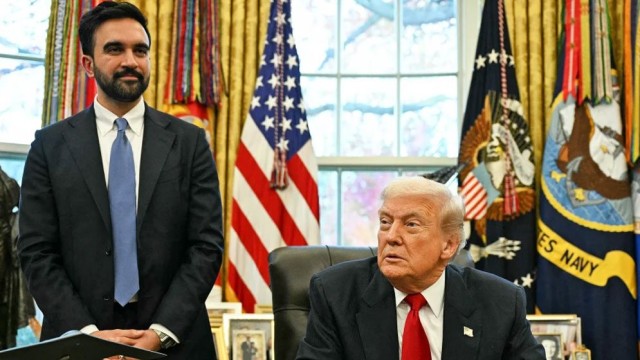
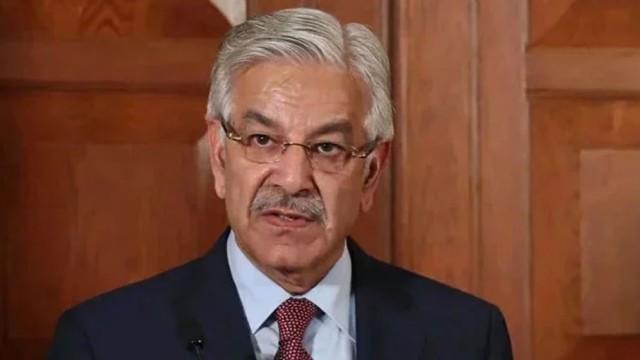
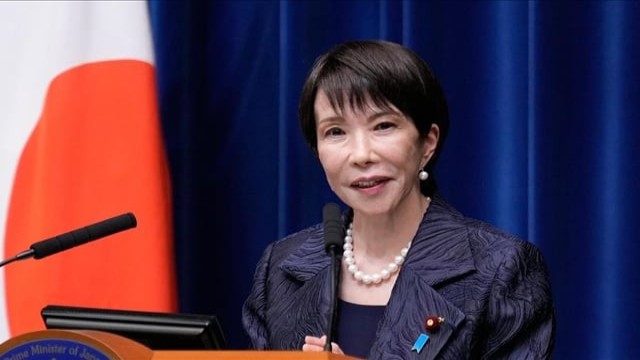
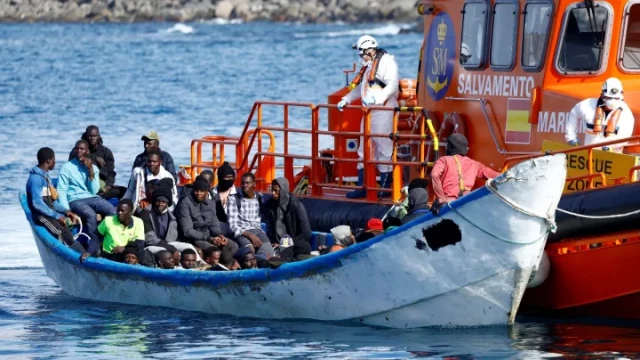








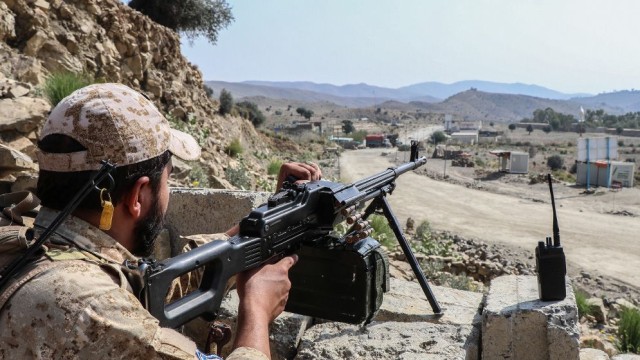













Comment: